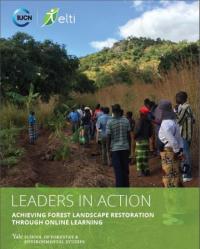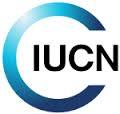Resource information
Forest landscape restoration (FLR) provides an opportunity to transform degraded lands into productive landscapes that yield numerous ecological, economic, and social benefits. Many countries have made large-scale commitments under the Bonn Challenge, a global effort to bring 150 million hectares of degraded and deforested land into restoration by 2020 and 350 million hectares by 2030. Achieving this commitment requires decision-makers to address the diverse ecological, sociopolitical, and economic factors that impact restoration efforts at different scales. With such large targets, it is challenging to determine where to begin – and how to approach – the restoration process. The Restoration Opportunities Assessment Methodology (ROAM) was designed by the International Union for Conservation of Nature (IUCN) and the World Resources Institute (WRI) to provide a framework for countries and regions to identify, analyze, and prioritize restoration opportunities in order to develop a suite of restoration strategies for particular contexts. From May 2016 to March 2017, the Environmental Leadership & Training Initiative (ELTI) of the Yale School of Forestry & Environmental Studies and IUCN conducted a series of six online courses, entitled “Forest Landscape Restoration in the Tropics.” ELTI and IUCN offered these courses in English, Spanish, Portuguese, and French to 125 environmental practitioners from over 30 countries.


